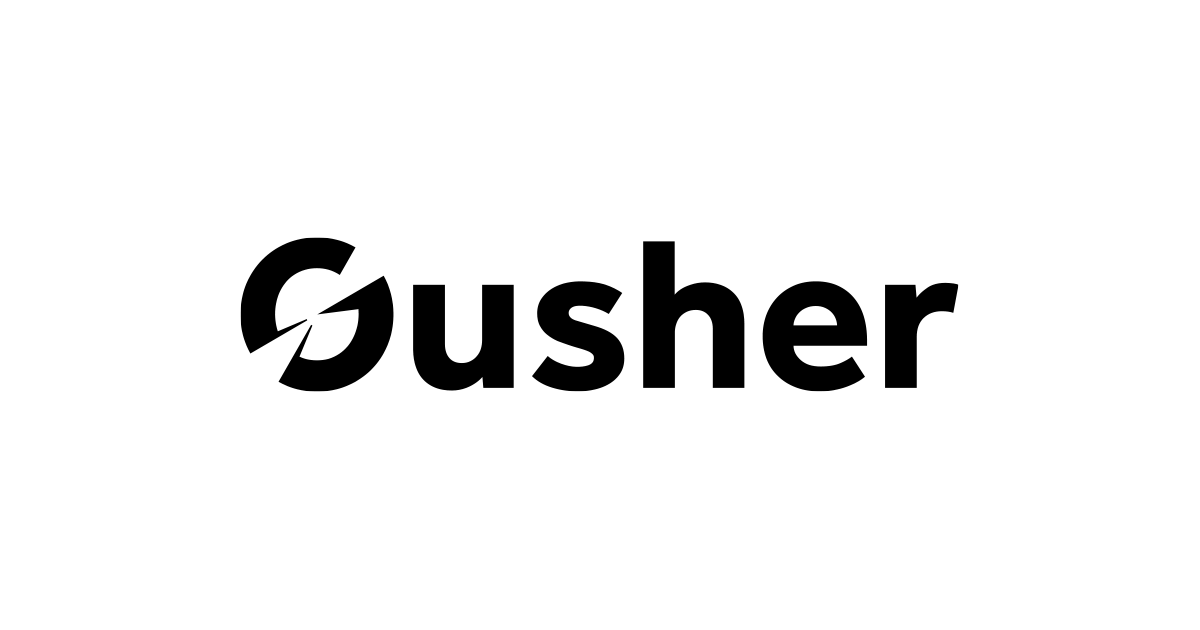The Sustainable Grain Company is evolving, but the mission is the same. We are now Farmalogical, Inc. and our product is Oatra - Check out our website! https://oatra.co
Problem
Sports drinks are trash, and the food system is messed up.
The sports drinks on the market are made with low quality ingredients. They are full of corn syrup or cane sugar. "Healthy" sports drinks take out the sugar and replace it with stevia or other sweeteners, but that defeats the purpose and they no longer replenish.
At the same time, consumers are waking up to the problems with the US food system. The fertilizers and pesticides are not only affecting the environment, but our health. Consumers are willing to pay more for cleaner ingredients and fewer additives.
Solution
Oatra is formulated from the ground up to harmonize the best of nature with human performance.
We are the first performance drink made with oats, which contain complex carbs for sustained energy and beta-glucans that are gut and heart healthy. It's sweetened organically with maple, flavored with juices, and boosted with electrolytes. We source our ingredients from regenerative farms, so our oats and our drink are glyphosate-free & pesticide free, plus free of artificial ingredients, non-gmo, and gluten free.
Regenerative farming rebuilds soil health, is better for farmers, and creates more nutrient dense foods. It is the answer to a lot of the problems with the food system, especially if we can scale it. In developing new products from regenerative crops, we aim to create new outlets for regenerative farmers and help build a more resilient regenerative food system.
Market
The North American functional beverage market is expected to reach $57.94 billion in 2025.
Awareness of regenerative agriculture has grown steadily year over year between 2019 and 2024. With nearly half of respondents indicating they became familiar with the term within the last year, awareness has surged, signaling a shift into a high-growth phase.” [1]
73% of consumers are happy to pay a higher price for food or drink products made with ingredients they recognize and trust, with 18 percent said they would pay 75 percent or more extra. [2]
Primary Target Market: “Changelings” (3.3% of U.S. population) [3]
- 88% actively seeking sustainable products
- 69% prioritize environmental sustainability
- 54% choose environment over convenience
- Willing to pay premium for clean ingredients
- High engagement on TikTok/Instagram
Secondary Target: “Choosers” (12.4% of U.S. population) [3]
- Urban professionals
- 81% seeking sustainable products
- Premium channel shoppers
[1] Exploring Consumer Appetite for Regenerative Agriculture: Regenified's 2024 Consumer Report
[2] https://www.supplysidefbj.com/market-trends-analysis/75-of-consumers-will-pay-extra-for-clean-label-ingredients
[3] Shelton Group (2021). SHOPTIVISM: Why Consumers (& Job Seekers) Opt In & Out of Today's Brands. Retrieved from https://www.sheltongrp.com/insights/shoptivism/
